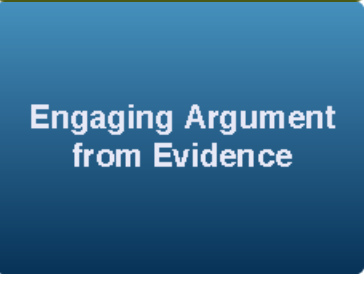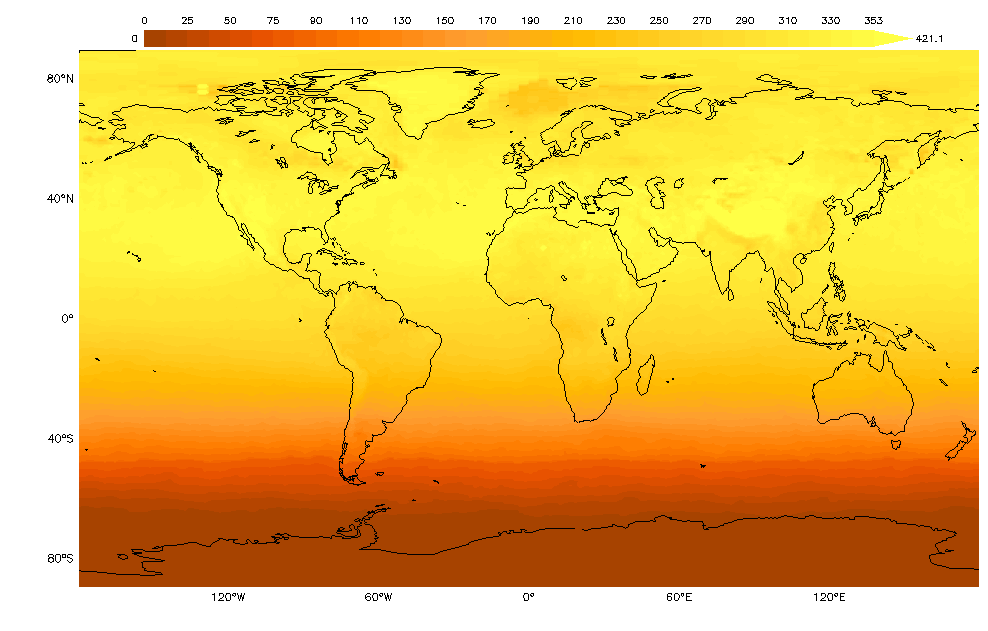Engaging in Argument from Evidence with MND

Argumentation is an important practice whereas the scientist develops explanations using evidence and reasoning to explain observed phenomena. Scientists and engineers engage in argumentation and healthy skepticism when they evaluate competing explanations for phenomena, question procedures of investigations, review the characteristics of models, etc.
The study of science and engineering should produce a sense of the process of argument necessary for advancing and defending a new idea or an explanation of a phenomenon and the norms for conducting such arguments. In that spirit, students should argue for the explanations they construct, defend their interpretations of the associated data, and advocate for the designs they propose. (NRC, 2012, p 73)
Average Solar Insolation, Sept. 2016



Example Questions:
- Examine the three images of incoming solar energy for the months of January, May, and Sept 2016.
- Develop an explanation of how seasons occur differently in the Northern and Southern Hemispheres.
- Construct a written argument based on the evidence to support your reasoning.
K-2: Engaging in argument from evidence in K-2 builds on prior experiences and progresses to comparing ideas and representations about the natural and designed world(s).
- Construct an argument with evidence to support a claim (K-ESS2- 2)
3-5: Engaging in argument from evidence in 3-5 builds on K-2 experiences and progresses to critiquing the scientific explanations or solutions proposed by peers by citing relevant evidence about the natural and designed world(s).
- Make a claim about the merit of a solution to a problem by citing relevant evidence about how it meets the criteria and constraints of the problem. (30ESS3-1)
- Support an argument with evidence, data, or a model. (5-ESS1- 1)
6-8: Engaging in argument from evidence in 6-8 builds on K-5 experiences and progresses to constructing a convincing argument that supports or refutes claims for either explanations or solutions about the natural and designed world(s).
- Construct an oral and written argument supported by empirical evidence and scientific reasoning to support or refute an explanation or a model for a phenomenon or a solution to a problem. (MS-ESS3- 4)
9-12: Engaging in argument from evidence in 9-12 builds on K-8 experiences and progresses to using appropriate and sufficient evidence and scientific reasoning to defend and critique claims and explanations about the natural and designed world(s). Arguments may also come from current scientific or historical episodes in science.
- Evaluate the evidence behind currently accepted explanations or solutions to determine the merits of arguments (HS-ESS1- 5)
- Construct an oral and written argument or counter-arguments based on data and evidence (HS-ESS2- 7)
Science Knowledge is based on Empirical Evidence
- Science knowledge is based on empirical evidence (HS-ESS3- 5)
- Science arguments are strengthened by multiple lines of evidence supporting a single explanation. (HS-ESS3- 5)

